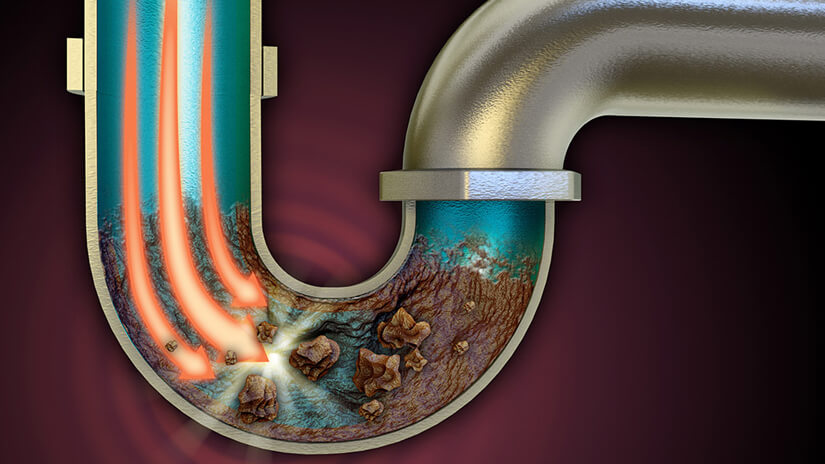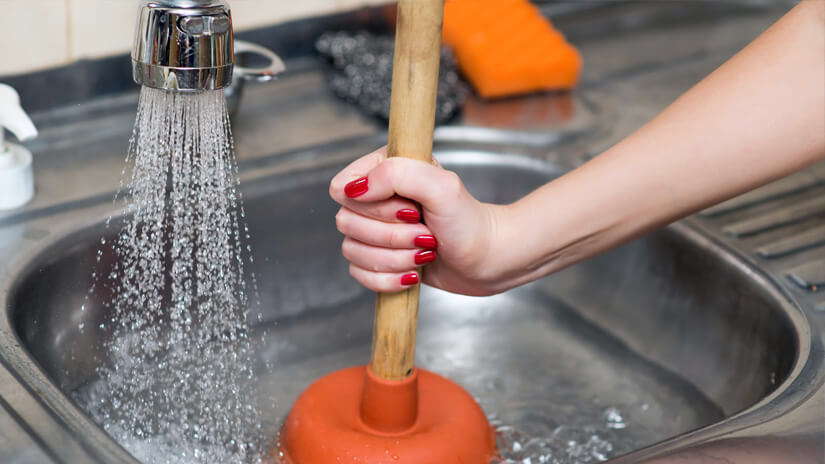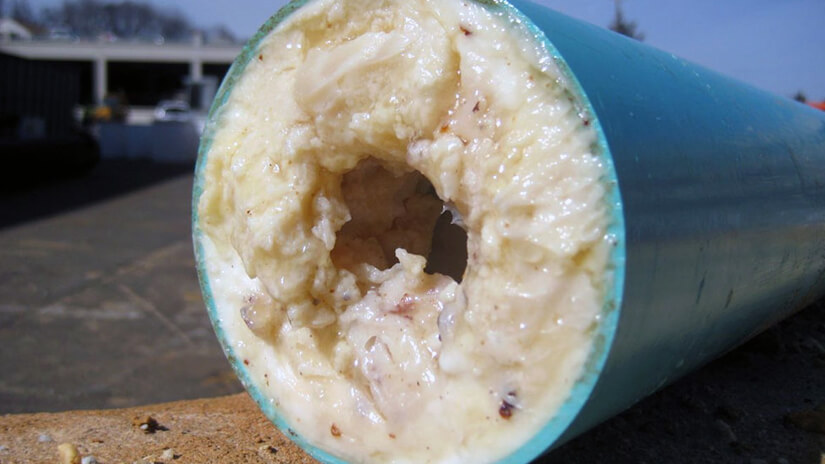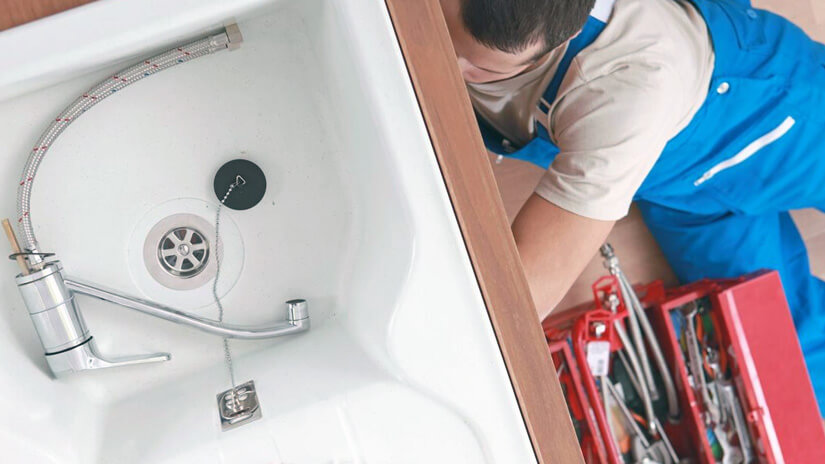Burst or blocked pipes top the list for water damage causes, making up 46% of claims, according to QBE research. Damaged roofs and worn-out plumbing each added 27.2%, while clogged drains made up 13.4% of incidents. Skipping regular drain maintenance can have serious downstream effects, like water damage, bad smells, and sluggish sinks, potentially growing into bigger headaches and costly repairs.
This blog will help you figure out how often you need professional drain cleaning to keep your plumbing in top shape. Regular maintenance can help fend off common problems, keeping your drains running smoothly.
Signs Your Drains Need Professional Cleaning
Maintaining clear and efficient drains is crucial for a healthy home. Here are some common indicators that your drains might need professional cleaning:
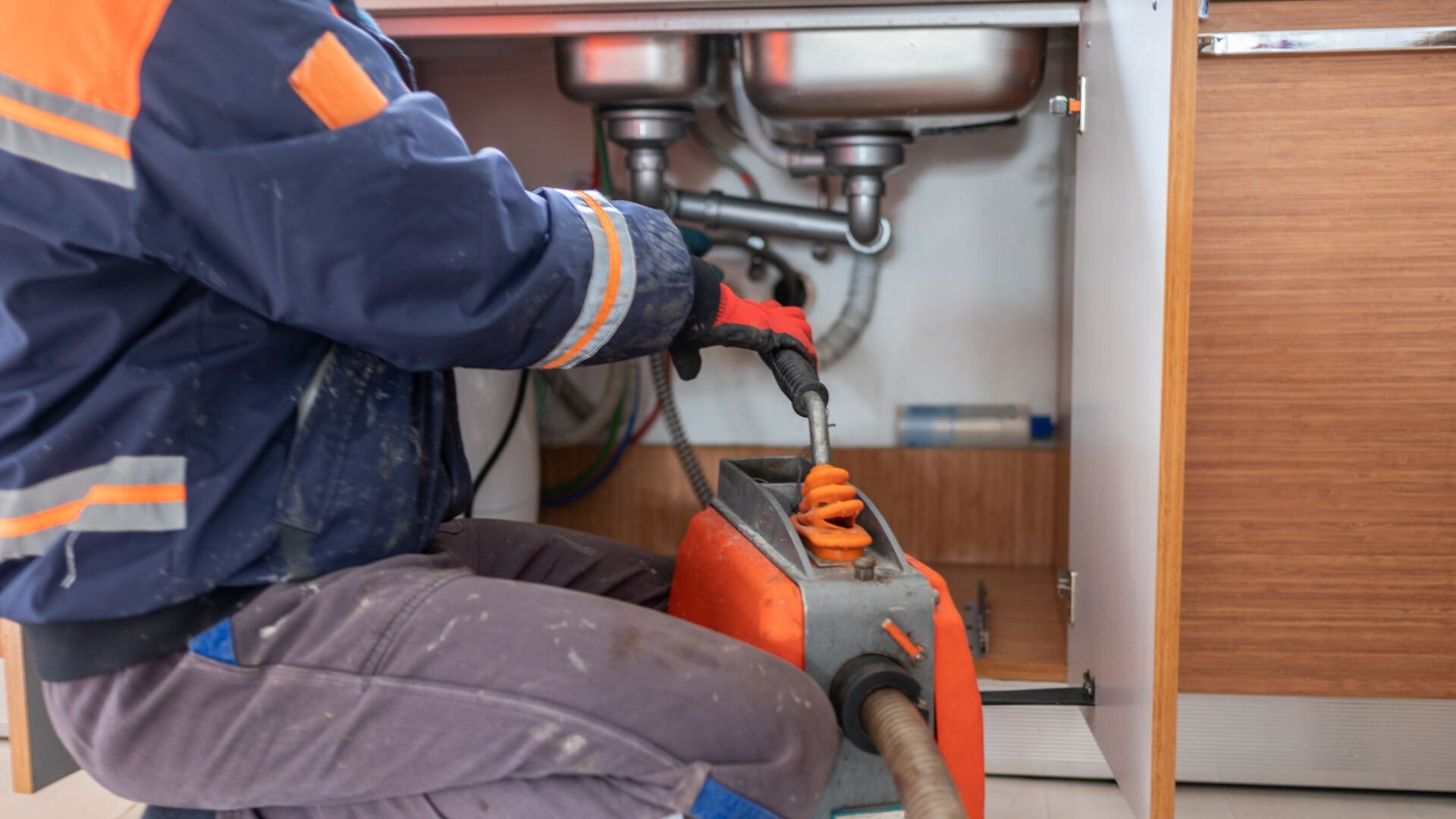
1. Slow Drainage
Slow drainage is a typical sign that your drains need attention. When water takes longer than usual to drain from sinks, bathtubs, or showers, it often suggests a blockage. For instance, if you notice that your kitchen sink fills up quickly when washing dishes, it indicates that something is obstructing the water?s exit path.
2. Unpleasant Odours
Unpleasant odours coming from drain openings are another red flag. Foul smells, especially those resembling rotten eggs, can indicate trapped food particles or other debris decomposing within the pipes. A persistent, bad smell near your bathroom sink can be a clear sign of such underlying issues.
3. Recurring Clogs
Recurring clogs are perhaps the most frustrating sign. Drains that frequently become clogged, despite regular attempts to clear them, often point to a deeper issue. If you find yourself using a plunger on your toilet multiple times a week, it?s likely time to call in a professional to address the problem at its source.
These signs are clear indicators that professional intervention is necessary to restore proper function and hygiene to your home?s drainage system.
Factors Influencing Drain Cleaning Frequency
Regular drain cleaning is essential for maintaining a smoothly functioning plumbing system. Several factors influence how often you should clean your drains, including household size, the age of the plumbing system, and the type of waste being disposed of.
Household Size
Your household size significantly impacts how often you should clean your drains. Bigger households put more pressure on plumbing with increased usage. More showers and sink use mean soap scum, hair, and other debris build up faster, requiring more frequent cleaning.
Age of the Plumbing System
The age of your plumbing is also crucial. Older pipes are prone to corrosion and buildup, leading to blockages over time. Homes with aging systems may need more frequent professional checks to avoid serious problems.
Type of Waste Being Disposed Of
The type of waste being disposed of also impacts drain performance. Kitchens that frequently dispose of grease, oils, and fibrous foods like celery or potato peels are more prone to clogs. Similarly, bathrooms that handle a lot of hair and soap can experience blockages more quickly. Proper waste disposal practices, such as not pouring grease down the sink and using drain covers, can help mitigate these issues.
Seasonal Changes
Seasonal changes can affect drain performance as well. In colder months, drains can become clogged with grease and oils that solidify in lower temperatures. Additionally, during fall, leaves and debris can enter outdoor drains, leading to blockages. Therefore, it?s advisable to schedule drain cleaning before winter and after autumn to address these seasonal challenges.
These factors combined to impact the recommended cleaning schedule for your drains. For instance, a large household with an older plumbing system and frequent kitchen use might need professional drain cleaning every six months. In contrast, a smaller household with newer plumbing and mindful waste disposal practices might only need annual cleaning.
Benefits of Regular Professional Drain Cleaning
Regular professional drain cleaning offers numerous advantages that go beyond just keeping water flowing smoothly through your pipes.
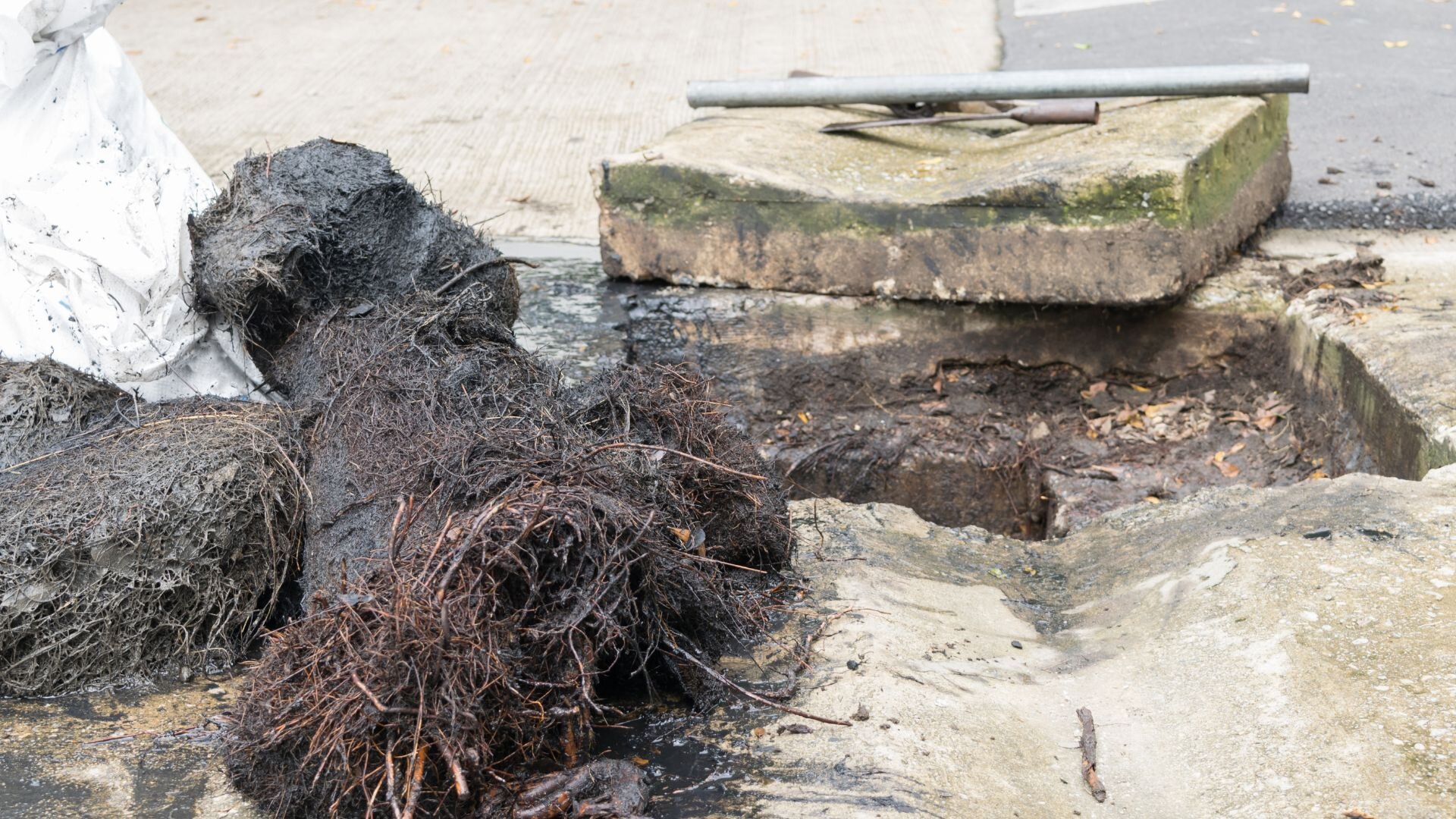
Preventing Major Blockages
One of the primary benefits is preventing major blockages. In fact, routine maintenance can significantly reduce the risk of severe clogs that can disrupt your daily life. By addressing minor issues before they escalate, you can avoid the inconvenience and mess of a completely blocked drain.
Extending the Lifespan of Plumbing
Regular cleaning extends your plumbing?s lifespan. Well-kept systems can last up to 60 years. Clearing buildup reduces wear and tear, preventing leaks and other damage that can cut its life short.
Maintaining a Hygienic Home Environment
Maintaining a hygienic home environment is another crucial benefit. Professional drain cleaning helps eliminate bacteria, mould, and unpleasant odours that can accumulate in clogged pipes. This not only keeps your home smelling fresh but also contributes to overall health and safety by reducing the risk of illness.
Cost Savings from Avoiding Emergency Repairs
Finally, regular drain cleaning can lead to significant cost savings. Emergency plumbing repairs are often expensive and can be avoided with preventative maintenance. Investing in regular maintenance can save homeowners thousands of dollars in potential repair costs.
DIY vs. Professional Drain Cleaning
For drain cleaning, both DIY methods and professional services come with pros and cons. DIY approaches like using a plunger, baking soda and vinegar, or store-bought cleaners can work for minor clogs.
These methods are cost-effective and convenient, allowing homeowners to address issues quickly without scheduling an appointment. However, DIY methods come with risks. Improper use of chemical drain cleaners can damage pipes and cause health hazards, while mechanical methods like drain snakes can inadvertently push blockages deeper or harm the plumbing system.
Conversely, professional drain cleaning offers expertise and safety that DIY methods don?t. Pros use advanced tools like hydro-jetting and video inspections to clean and assess your plumbing condition thoroughly.
This ensures that underlying issues, such as tree root intrusions or severe buildup, are effectively addressed. In addition, professionals can provide long-term solutions and advice on preventing future clogs, offering peace of mind.
While DIY methods can suffice for minor clogs and regular maintenance, professional services are essential for persistent, severe, or complex drain issues. Balancing both approaches can help maintain a healthy and efficient plumbing system.
How Often Should You Schedule Professional Drain Cleaning?
Industry standards generally recommend scheduling professional drain cleaning at least once a year for residential properties to prevent buildup and blockages. For commercial properties, which often experience higher usage and more diverse waste, more frequent cleanings?every three to six months?are advisable.
However, these are just general guidelines. The specific needs of your property may vary based on factors like usage patterns and the age of your plumbing system. It?s crucial to consult with a professional plumber who can provide personalised advice tailored to your situation, ensuring optimal performance and longevity of your plumbing system.
Drain Care, Done Right.
Regular drain maintenance is essential for a smooth-flowing plumbing system. While at-home remedies can help with minor clogs, professional drain cleaning is crucial for removing stubborn blockages and preventing future problems. Scheduling annual inspections can identify potential issues before they escalate into costly repairs.
Don?t wait for a plumbing emergency to strike. Protect your home and avoid costly repairs by entrusting your drain cleaning and repairing needs to Fixed Today. Our experienced technicians utilise advanced equipment to clear blockages and restore optimal drain performance. Contact us today to schedule your appointment and enjoy peace of mind knowing your drains are in good hands.

